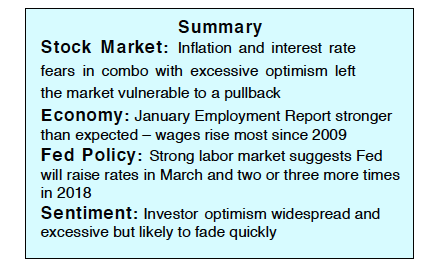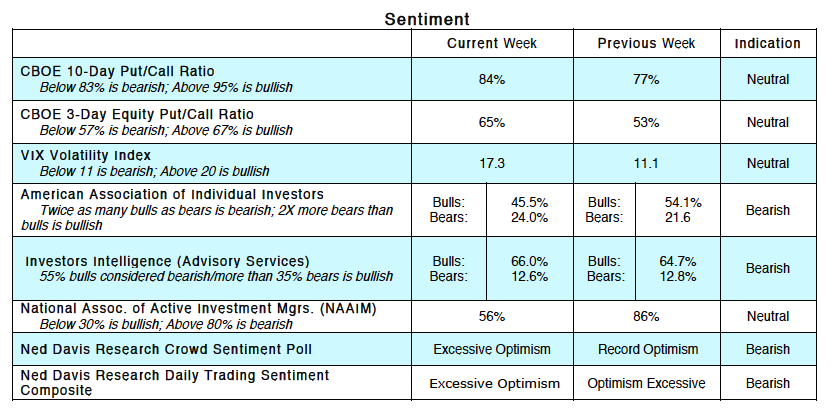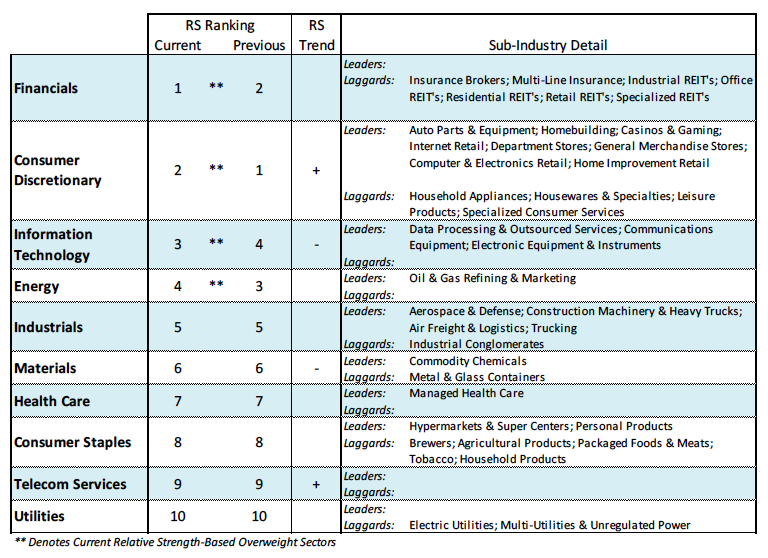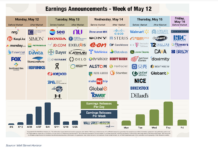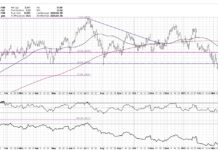Stock Market
The equity markets are experiencing a long overdue pullback. Last week, the important stock market indices suffered losses approaching 4.00%, the biggest weekly selloff since June 2016.
And the selloff is continuing this week… and approaching a correction.
The unusually large break on Friday came after the January jobs report showed a 0.3% monthly rise in average hourly earnings which pushed the yearly increase to 2.9%, the strongest since the end of the 2007-2009 recession. Investors are fearing that a stronger-than-expected jobs report will lead to higher wages and bring on inflation which will cause the Federal Reserve to hike rates at a faster pace than previously expected.
A great deal of focus will be on how the Fed will manage artificially low interest rates in a growing economy.
As we have stated, the risks have recently increased due to excessive optimism in the market evidenced by the average investor now holding the lowest cash reserves in several years and by record inflows into ETFs. The recent jolt to the stock market does not suggest that the long-term trend is in jeopardy. Tax benefits and regulatory reforms are working and the current market is supported by strong earnings growth and improving economies worldwide.
Historically, stocks suffer a top-to-bottom correction of 10% in almost any given year. At no time last year did the S&P 500 experience a decline of more than 2.9%. We view a 5-10% correction as normal in the context of an ongoing secular bull market. Any pullback or correction is anticipated to lead to an unwinding of the excessive investor optimism and lead to more attractive valuations. The bottom line is that 2018 is likely to show an increase in volatility but not become a threat to the long-term bullish trend.
Thanks for reading.
Twitter: @WillieDelwiche
Any opinions expressed herein are solely those of the author, and do not in any way represent the views or opinions of any other person or entity.

